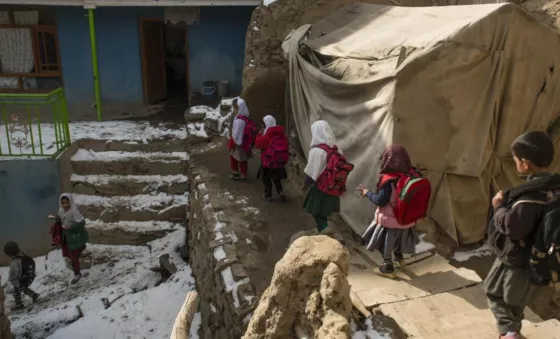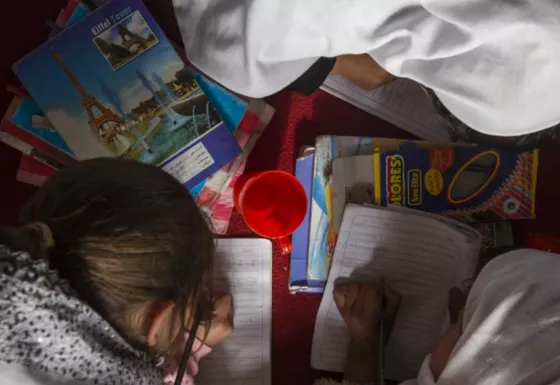I was in Afghanistan during the awful attacks that killed dozens of people in just a few days.
I was there on a visit to our team to plan for some exciting new projects to support more children across the country.
The deteriorating security situation was a stark reminder of the violence that has lasted for nearly 40 years.
A challenging place to work
The conflict has become increasingly violent. In 2017, the UN reclassified as an 'active conflict' - after years of being classified as 'post-conflict'.
The targeting of humanitarian workers is sadly a common occurence. Over the last year alone, 156 attacks on aid workers have been reported.
Civilians and children in particular, are most impacted by the violence.
There are now 3.3 million Afghans in need of life-saving support. The most vulnerable children are missing out on vital protection, education and opportunities for growth.



